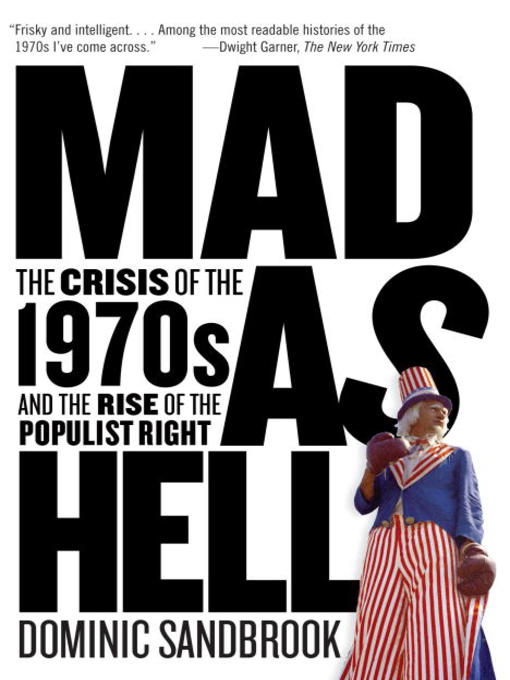- New eBooks
- Available Now!
- Top 500 Fiction eBooks
- Top 500 Nonfiction eBooks
- Try Something Different
- Travel Back in Time
- See all ebooks collections
- New Audiobooks
- Available Now!
- Top 500 Fiction Audiobooks
- Top 500 Nonfiction Audiobooks
- Find a Good Biography
- Try Something Different
- See all audiobooks collections
- Belly Laughs
- New Additions
- Young Love
- No Wait, These Books Are Great: Kids & Teens
- Available Now!
- Most Popular Kids Titles
- Popular Teen Reads
- Comics & Graphic Novels
- See all kids and teens collections




